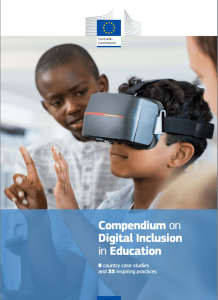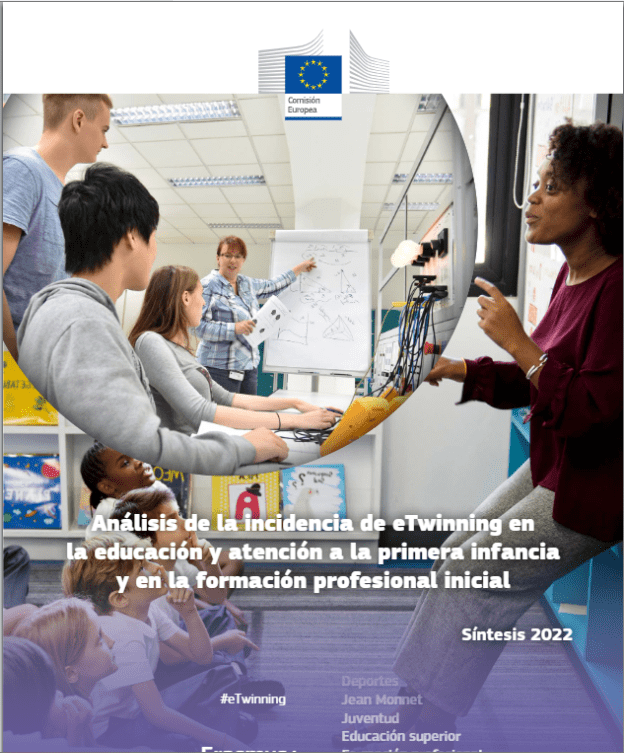The Commission has approved its Report on progress towards the achievement of the European Education Area. The report takes stock of the ongoing EU initiatives and trends on progress to attain EU-level targets in education and training, as well as sets out the tasks ahead of the 2025 milestone.
The 40 ongoing EU-level initiatives comprise strategic policy actions -from blended learning, to learning for sustainable development, and European strategy for universities- as well as EU-funded projects -such as the Teacher Academies, the Education for Climate Coalition, and the Centres of Vocational Excellence. Follow up to the work of expert groups -such as those on disinformation or quality investment-, along with measures to make the Erasmus+ programme and the European Solidarity Corps more inclusive, are also carried out. Thanks to a common commitment to the European Education Area, these initiatives reinforce the actions taken by the Member States.
This joint national and EU approach has been particularly effective to tackle the new challenges EU education and training systems faced over the past two years: the Covid-19 pandemic and the welcoming of refugee learners and teachers following Russia’s war of aggression against Ukraine. The strengthened strategic framework, which brings together Member States and key stakeholders, enabled pooling of knowledge and resources, an organised sharing of good practices and the implementation of concrete solutions.

Compendium on digital inclusion in education
|
The Education and Training Monitor accompanying this Report indicates examples of the progress made towards EU-level targets: the early school leaving is declining, while the tertiary educational attainment and participation in early childhood education and care are rising. At the same time, warning signs appear, calling for longer-term systemic efforts to improve equity in education and tackle teacher shortages. New EU-level indicators in both domains will support evidence-based policies and mutual learning.
Thanks to the Erasmus+ programme, the Recovery and Resilience Facility and the EU cohesion policy funds, it is estimated that the total EU expenditure on education and skills between 2021 and 2027 will triple, compared to the 2014-20 period. Therefore, the focus on implementation, quality investment, absorption and robust monitoring of progress by Member States are essential for the years ahead to solidify systemic reforms, and bring about a positive impact on learners, teachers, the economy and our societies.

Análisis de la incidencia de eTwinning en la educación y atención a la primera infancia y en la formación profesional inicial
|
Next Steps
The Commission will follow up this Progress Report with a mid-term review process in 2023, drawing lessons and building momentum for the period up to 2025, when a full report on the achievement of the European Education Area is due.
More information: European Commission – Press release







Leave a Reply